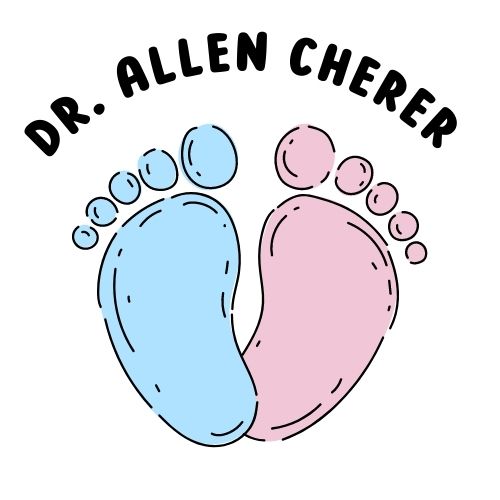Most babies are vulnerable to health problems after they’re born. They may be born with a variety of conditions, and they can contract others easily. If you’re a new parent, it’s important that you know about the signs and symptoms of these conditions so that you can take the necessary steps to prevent or treat them. Here are some of the most common health problems seen in newborns today.
Jaundice
Jaundice is a common health issue that affects infants and children. It occurs when a baby has an excessive amount of bilirubin in their blood. This condition usually occurs because their liver is not mature enough to remove the excess bilirubin.
Although it usually disappears within 2 to 3 weeks of being born, it can still be a symptom of an underlying issue. Parents should consult their doctor if their baby’s jaundice persists longer than 3 weeks.
Respiratory Distress
This condition can occur when the baby’s nasal passage gets blocked, causing insufficient oxygen to enter the body. It can take a couple of hours for the baby to start breathing normally, and it can continue until the bluish coloration disappears. If the condition persists, it’s important that the child gets checked by a healthcare professional.
Abdominal Distension
Healthy infants and newborns are prone to experiencing abdominal distension. One of the most common causes of this condition is the baby’s swallowing of excess air. If the belly feels swollen or hard, this could be caused by constipation or gas.
As the baby’s body begins to adjust to eating, this condition should eventually resolve itself. However, if it persists, it can lead to a serious issue with the internal organs.
Colic
Although colic is very common in babies, it can be hard for parents to handle due to its nature. Although the exact causes aren’t known, it’s believed that it can be caused by various factors such as gas, hormones, overstimulation by light or sound, or even a growing digestive system.
Early signs of colic usually start to appear in 2 to 3 weeks and typically only last about 3 months. However, if it persists, it can be caused by an underlying health issue. It’s important to consult a doctor to diagnose the condition.
